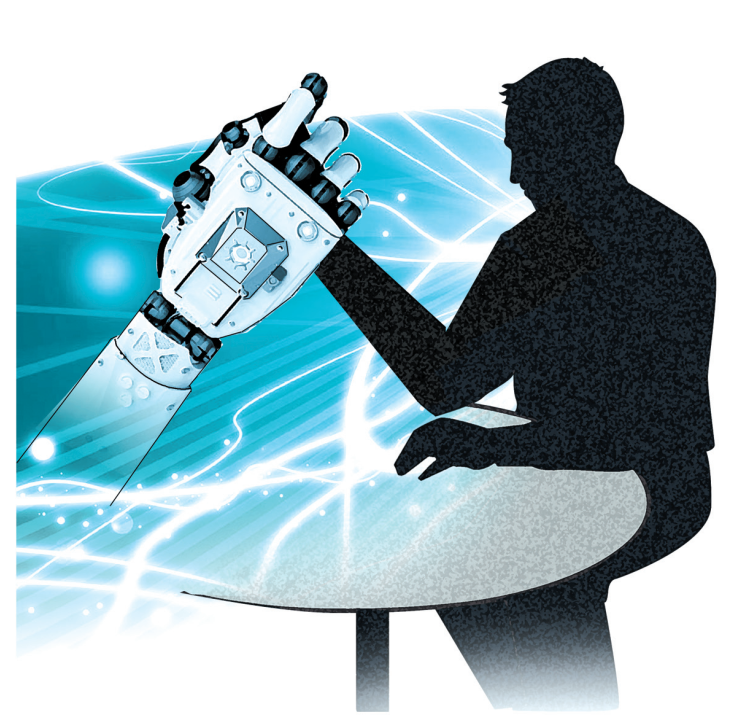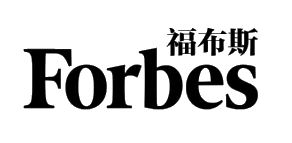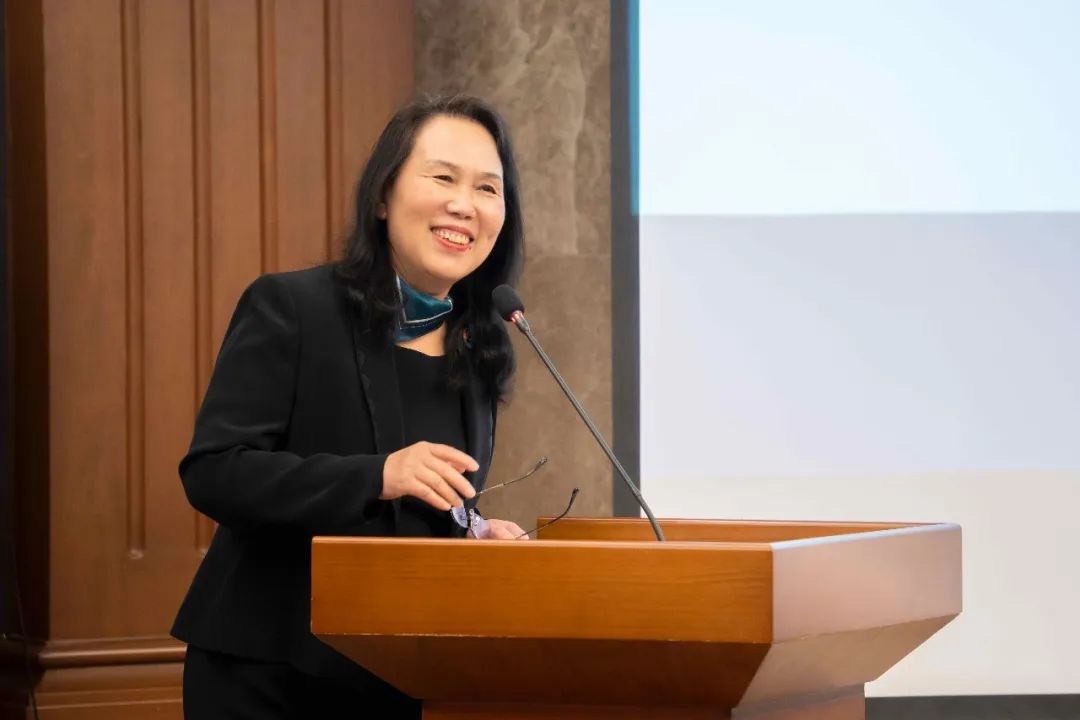China Releases The World's First AI Ethics "White Paper"! Opening A New Era Of Artificial Intelligence Governance!
China Releases The World's First AI Ethics "White Paper"! Opening A New Era Of Artificial Intelligence Governance!
On February 20, 2025, the National New Generation Artificial Intelligence Governance Professional Committee, in conjunction with the Ministry of Science and Technology, the Ministry of Industry and Information Technology and other six departments, officially released the "White Paper on Artificial Intelligence Ethics and Governance" (hereinafter referred to as the "White Paper").
On February 20, 2025, the National New Generation Artificial Intelligence Governance Professional Committee, in conjunction with the Ministry of Science and Technology, the Ministry of Industry and Information Technology and other six departments, officially released the "White Paper on Artificial Intelligence Ethics and Governance" (hereinafter referred to as the "White Paper"). This world's first government-led AI ethics systemic document has proposed the four core principles of "people-oriented, safe and controllable, fair and inclusive, and open collaboration" for the first time, marking a key step in China's artificial intelligence governance, and has aroused heated discussions between the science and technology, the legal circles and the public at home and abroad.
Epoch-making documents are born: from technology to "brakes and steering wheel"
In recent years, AI technology has reshaped society at an exponential speed, but ethical controversy has surged: deep forgery has led to the proliferation of fraud, algorithmic discrimination has exacerbated social injustice, and the determination of responsibility for autonomous driving is vague... Globally, how to balance technological innovation and risk prevention and control has become a problem. The "White Paper" released by China this time is called "installing brakes and steering wheels for AI" by the industry - not only clarifying the bottom line of technological development, but also defining a safety zone for industrial innovation.

The highlights of the White Paper are frequently revealed:
The "human-machine responsibility chain" mechanism requires that AI system design must retain the ultimate decision-making power of human beings, and any automated decisions must be traceable and intervenable.
Anti-algorithm discrimination clause: Data training based on sensitive attributes such as gender and region is prohibited, and enterprises must submit algorithm fairness audit reports regularly.
The "minimum necessary" data principle: strictly control the collection of biological information such as faces and voiceprints, and shall not be used for forced use unless necessary scenarios.
A relevant person in charge of the Ministry of Industry and Information Technology said: "This document does not restrict innovation, but installs a 'protective network' for AI, so that technology can run more stably and further."
Corporate reaction: The leading platform is adjusted overnight, and small and medium-sized enterprises are mixed
After the release of the White Paper, domestic technology giants acted quickly. A certain e-commerce platform launched the "User Consumption Capacity Forecast" function overnight because it involves income class classification; short video giants announced that they would disclose the core parameters of the content recommendation algorithm within 3 months and accept public supervision. However, some small and medium-sized enterprises admitted pressure: "Compliance costs may increase by 20%, but in the long run, unified standards can reduce vicious competition."
The capital market responded enthusiastically, and A-share "AI ethics" concept stocks rose against the market. Emerging industries such as privacy computing and algorithm audit are ushering in an opportunity to explode. Tianyan Check data shows that more than 300 new "AI Compliance Consulting" companies have been added in the past week. Experts predict that China's AI governance market size will exceed 100 billion yuan in 2025.

The international community is highly concerned: Can China's solution become a global standard?
After the release of the White Paper, UN Secretary-General Guterres expressed through video that he "appreciate China's leadership in the field of AI governance." The European Commission announced that it would revise the Artificial Intelligence Act based on Chinese experience. Kate Crawford, director of the Center for AI Ethics Research at Stanford University in the United States, commented: "This document takes into account both innovation and constraints, providing the world with Eastern wisdom."
However, some foreign media questioned the implementation of the White Paper. In response, the Ministry of Science and Technology responded that the supporting "Artificial Intelligence Ethics Review Measures" has entered the legislative process and is expected to be implemented in the second half of 2025. Companies that violate regulations face a maximum fine of 5% of their annual revenue.
Public Voice: 70% of respondents support it, privacy protection becomes the focus
An online survey initiated by Toutiao shows that 72.3% of netizens support the issuance of the White Paper, believing that "it should have been under control of the chaos in AI." Ms. Zhang, a Beijing citizen, said: "I used to receive fraudulent calls generated by AI, but now the country is taking action, and I feel much more at ease." But some users are worried that privacy protection may affect convenience: "Every time you scan your face, will it be too troublesome?"
In response, Li Zhou, a professor at Tsinghua University who participated in the formulation of the White Paper, explained: "We adopt a 'graded authorization' design. For example, supermarket payments can be authorized in a single time, but the collection of bioinformatics for onboarding physical examinations requires written consent. Technology should find a balance between safety and efficiency."
Future picture: AI governance may give birth to new careers
With the implementation of the White Paper, a number of new professions have quietly emerged. "Algorithm auditors" must have both computer and legal backgrounds, and are responsible for evaluating the compliance of AI systems; "AI ethics trainer" customizes ethics courses for enterprises, with an hourly salary of up to 2,000 yuan. The Ministry of Education revealed that 37 universities have planned to offer undergraduate majors in "Artificial Intelligence Ethics".
"In the past, we worshipped technical geniuses, and in the future, we may need more 'AI philosophers'." Science fiction writer Chen Qiufan commented. This in-depth change that concerns the coexistence of humans and machines is beginning in China.
From technological leadership to rule-oriented, China is answering the proposition of the times of "AI for good" with a responsible attitude. The birth of the White Paper is not only about industrial development, but also a global dialogue about human values.
How to protect the light of human nature in the wave of innovation? This question requires everyone to answer.





